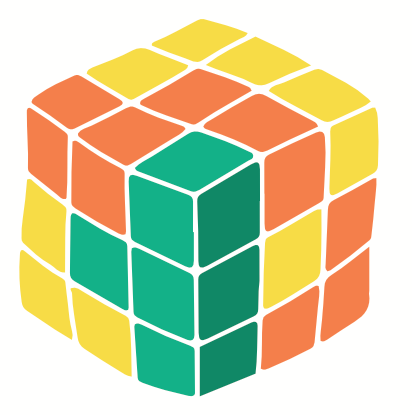The project involves collaboration among three major research groups in the field of the economics of education and brings together scholars in economics and mathematics education. The research project aims to provide teachers with methodological tools that can promote equity and inclusion, with particular reference to the teaching and learning of mathematics in primary schools and to the understanding and mitigation of implicit biases in the school environment. The project also seeks to examine and improve the ways in which teachers influence the development of students’ cognitive and socio-emotional skills.
Where the project started
The current project builds on established previous experiences.
The Teacher Training in Mathematics Education represents the evolution of two earlier projects, which involved the Department of Mathematics “G. Peano” and the Department of Economics and Statistics “Cognetti de Martiis” at the University of Turin. In the first project, a teaching intervention was designed and implemented in 25 schools in the Piedmont region. The intervention included the conduct of laboratory activities in the classrooms by tutors trained in mathematics education. The focus of the project was placed on assessing the mathematical competence of the children who participated. In the subsequent project, a training course was organized for a group of teachers, centered on laboratory-based teaching with an inclusive approach. This experience thus expanded on the previous project, focusing this time on the role of teachers in implementing laboratory methodologies. The materials forming the core of the training were developed and tested by the mathematics education research group at the University of Turin and are structured to promote active learning among students. In particular, the proposal develops the idea of the “Mathematics Laboratory,” formalized in the 2000s by Italian academics to foster inclusion in mathematics classrooms. The training includes methodological reflections and practical teaching suggestions to be implemented in the classroom, with particular reference to the domain of “Numbers”.
The Teacher Training on Implicit Biases will consist of an IBT (Implicit Bias Training) specifically designed for primary school teachers, based on previous evidence and our pilot studies conducted both in the United Kingdom (University of Reading) and in Italy. The University of Reading carried out a pilot project with a team of educators and psychologists involving a sample of primary school teachers in the UK in 2016/17, aimed at stimulating awareness of implicit biases and their functioning. The results of this pilot project suggested that the initial intervention had an impact on the classroom environment, teaching materials, and teachers’ awareness of the effects of implicit stereotypes. In 2017/18, in collaboration with Pearson, the University of Reading developed the training into a three-workshop program, which in addition to the above aimed to provide concrete methods for avoiding implicit stereotypes. Finally, in the 2020/21 school year, a further online project was conducted involving teachers from other primary schools, which provided qualitative evidence of positive impacts on the teachers who participated continuously and on their students.
The direction of the project
- We aim to implement our project in schools in the Piedmont and Friuli Venezia Giulia regions, offering two teacher training courses, specifically “Teacher Training in Mathematics Education” and “Teacher Training on Implicit Biases”, and randomly assigning schools to the treated and control groups.
- We aim to evaluate the effectiveness of the two workshops through comparison between treated schools and control schools.
- We aim to acquire and share new knowledge useful for schools, with the goal of providing good practices regarding teaching methods to school principals and teachers.
- We aim to contribute to scientific knowledge in understanding the complex development of students’ cognitive and non-cognitive skills during the early stages of schooling.
